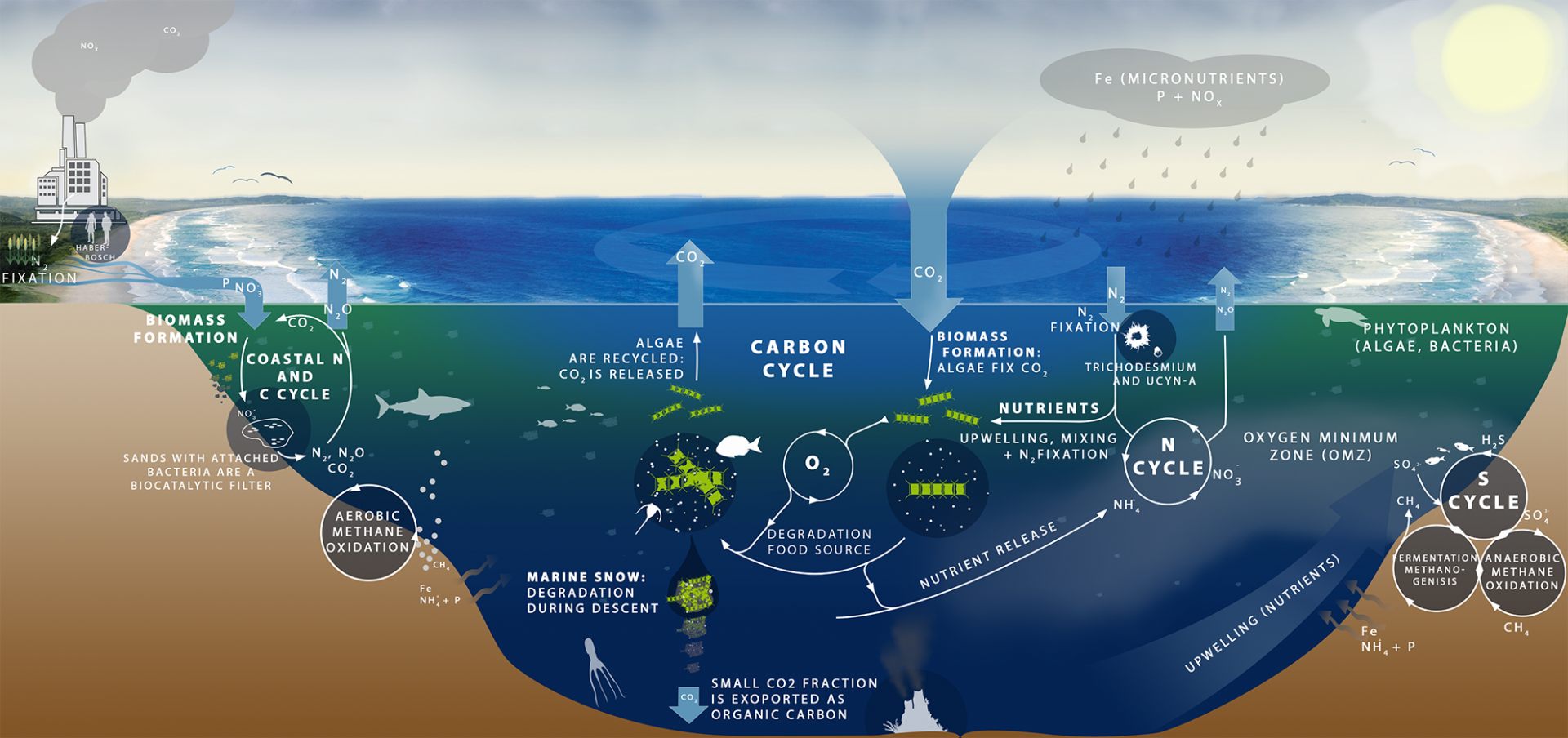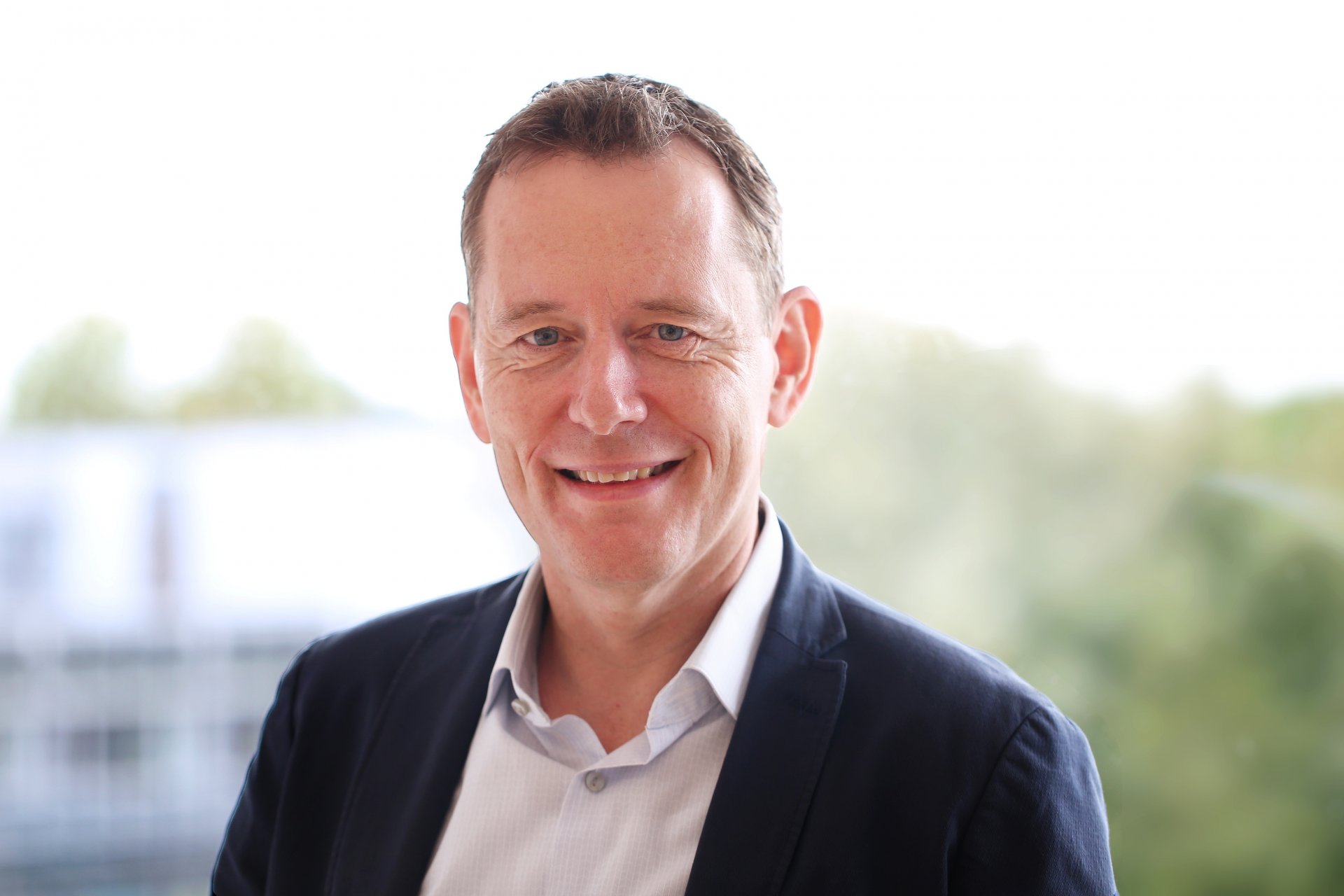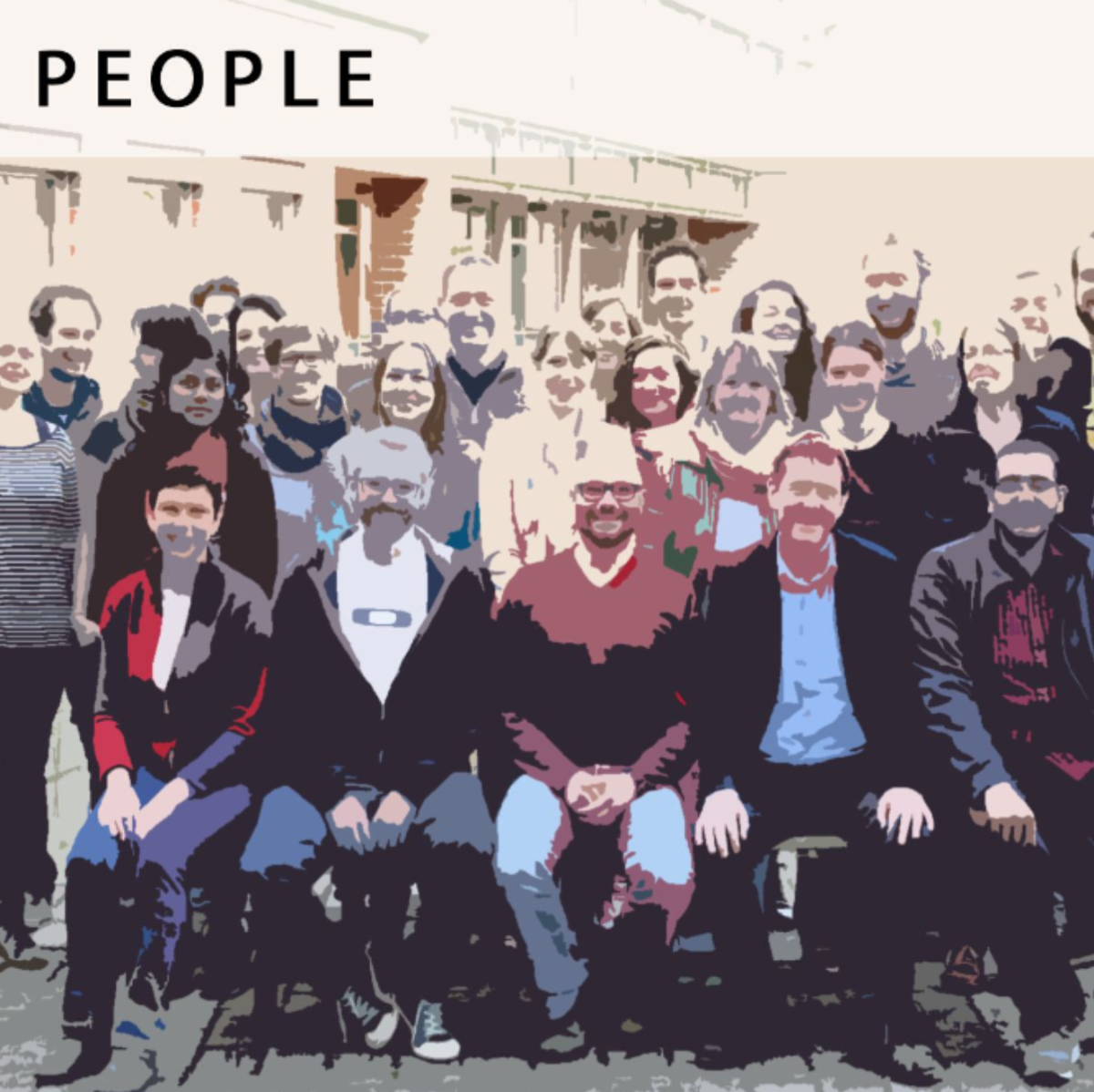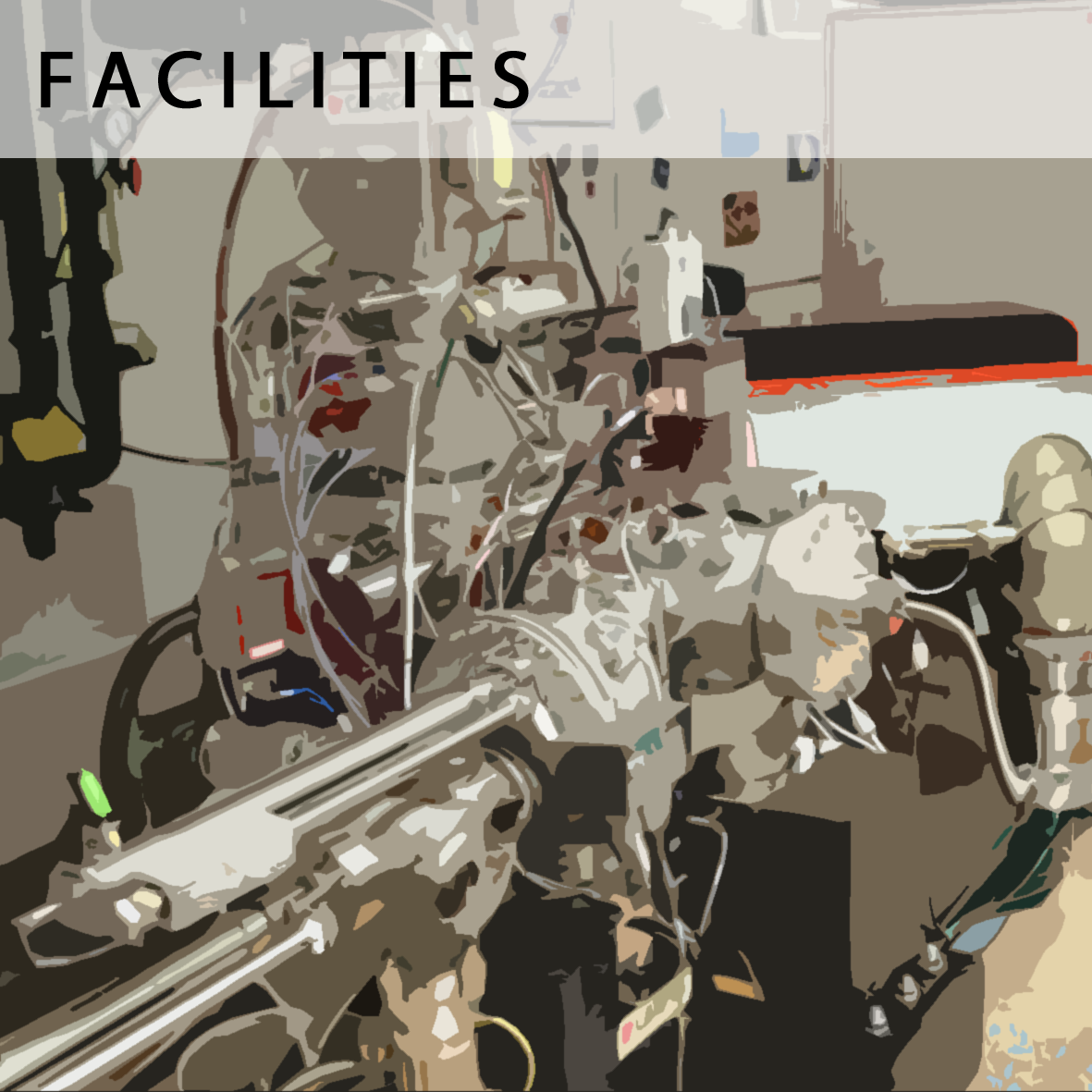- Departments
- Department of Biogeochemistry
Department of Biogeochemistry
The Department of Biogeochemistry investigates the pathways, interactions and environmental regulation of microbial processes that control the cycling of bioactive elements in the Ocean.
Please click to find out more about our projects:

Director
MPI for Marine Microbiology
Celsiusstr. 1
D-28359 Bremen
Germany
|
Room: |
3101 |
|
Phone: |

Biogeochemistry Group
Research in the Biogeochemistry Department focuses on microbiological and geochemical processes that control bioactive element cycling in the marine environment. We employ geochemical, microbiological, modeling, molecular and single-cell techniques to study the environmental regulation of these processes and their effects on the global biogeochemical cycles. Our goal is to provide fundamental insights into microbial mediated processes in the ocean that ultimately affect ocean chemistry, biology and climate. The results are a vital input for models that are used to predict potential future changes resulting from human activities.
Greenhouse Gases Research Group
The Greenhouse Gas Research Group, headed by Jana Milucka, studies microbial processes that contribute to the turnover of the trace greenhouse gases methane and nitrous oxide in aquatic environments. Our goal is to understand which factors control these processes in various freshwater and marine habitats and how these processes respond to the changes in nutrient cycles induced by climate change and human activity.
Microbial Physiology Group
In the newly founded Microbial Physiology Group, headed by Boran Kartal, we are dedicated to find new biogeochemical reactions, understand microbial physiology and microbial interactions. This information will be used to better understand the activities and interactions of key microorganisms in bioactive element cycling.


